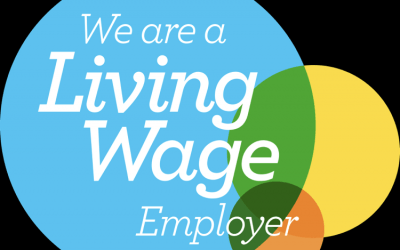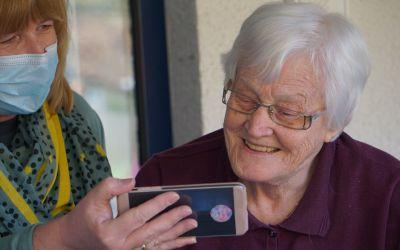Emma gives us an overview of just a few of the benefits of keeping cared for people socialising.
We’ve all been there. A loved one either receives a diagnosis or has a major accident and their families’ lives are turned upside down. Life turns into a rolling succession of: arranging appointments, organising bills, preparing legal work, ringing solicitors.. It’s never ending. Multiple agencies offer all sorts of help and some families might even be lucky enough to have contact with a local authority funded home care service. Home care services provide the parts of care, known as ‘personal care’ that is regulated by the Care Quality Commission in the UK. These often outsourced, privately owned businesses are a great task-based service; but…what about the person?
The NHS and medical based services often highlight the importance of ‘person centred’ care. So what is being person centre? The Royal College of Nursing defines person centred care as making the person an equal partner in the planning of their care. The Social Care Institute for Excellence talks of putting the person’s preferences first and respecting people’s values. In the home care setting, call times are often not a client’s first preference, sometimes carers don’t turn up at all and if they do, it’s often a different carer to one the client has had before. Is this person centre? Have we over medicalised domiciliary home care?
We know of a different way.
Rather than rely on care agencies for everything and anything, why not leave the parts of the service to be delivered by non-medical professionals?
I don’t know many clients of mine that want to be taken shopping by someone dressed in a pseudo nurses outfit.
Cooking, trips out, household chores, cleaning, feeding pets, dog walking, writing shopping lists, a non exhaustive list of tasks that often the carer will only ever have half the time needed to deliver. Perhaps because the service was never designed to deliver these services?
Then there is the lack of time.
The lack of time provides a perpetuating problem. Individuals start to lose their independence as the carer has little or no time to allow the person to do it themselves with support. The lack of practice of these tasks, in a supported way, means less and less is done by the individual themselves and they therefore use less and less muscle memory.
Independent Living Support and Companionship helps your loved one stay well physically and mentally even after injury or diagnosis. Of course, it’s possible to live well with all of these conditions. Being accompanied by one individual and forming a bond with that person means connection forms. From connection forms ritual and tradition. From ritual and tradition forms positive relationships and enjoyment.
I rest my case.



